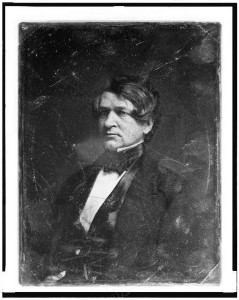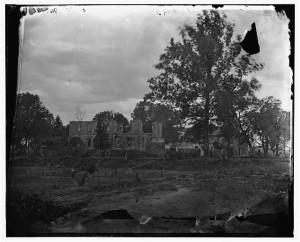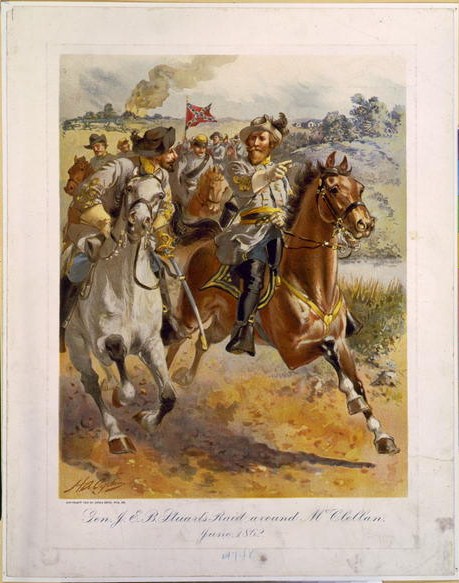150 years ago today a Southern editorial realized the war was far from over.
From the Richmond Daily Dispatch February 18, 1863:
A long War.
The correspondence between Seward and Dayton — of which we gave an abstract yesterday — is well calculated to dispel the illusion under which many of us have been laboring, that the war is to be over in any very short time. Seward evinces a determination to prosecute it as long as he shall have power to raise a man or a dollar; and in order that there may be no mistake as to his intentions on the part of foreign Governments, he proceeds to give a picture of Yankee prospects and Yankee success, which, if it were true, would not justify him in sheathing the sword until he had absolutely crushed the South. According to him, one-half of the South is already conquered, and his invincible Yankees are preparing to put a quietus upon the other half. Not a word is said of the humiliating defeats and disgraceful routs which constitute so large a portion of Yankee history within the last nine months. They are passed over as occurrences that are inevitable in the progress of any war, however successful its termination. But it is sufficiently apparent that he does not dream of giving up the contest, and we are rejoiced that he has let us see what his views and objects actually are.–Nothing less than his evidence could ever cure our people of the delusion to which they cling with an obstinacy resembling the grasp of death.
So far from being about to end, we believe that the war is about to assume a shape more terrible than it has ever yet presented. The Yankee armies were never so large as they are now, and they never threatened us at so many important points before. It is well for this fact to be thoroughly understood. It is all important for individuals, as well as communities, always to look their situation fully in the face, that they may know how they stand, and what they can do in the crisis. We shall beat the Yankees, we believe. We have always beaten them whenever they have given us a chance. Unless in the case of an isolated position — as at Donelson and Roanoke Island — or where they have been enabled to bring their superior fleet to bear upon us, they have never been able to contend with us. We have rarely ever encountered them, when they had not at least three to one against us, and if none of our numerous victories have been pushed to a satisfactory consummation, it is because of that very inferiority of numbers. We will continue to beat them. But the time has not yet come for them to give up the contest.
New Jersey politician William Lewis Dayton was the first vice-presidential candidate of the Republican in 1856. He served as Minister to France from 1861 until his death on December 1, 1864. “Dayton successfully lobbied the government of Napoleon III not to recognize the independence of the Confederacy or allow it the use of French ports.”



